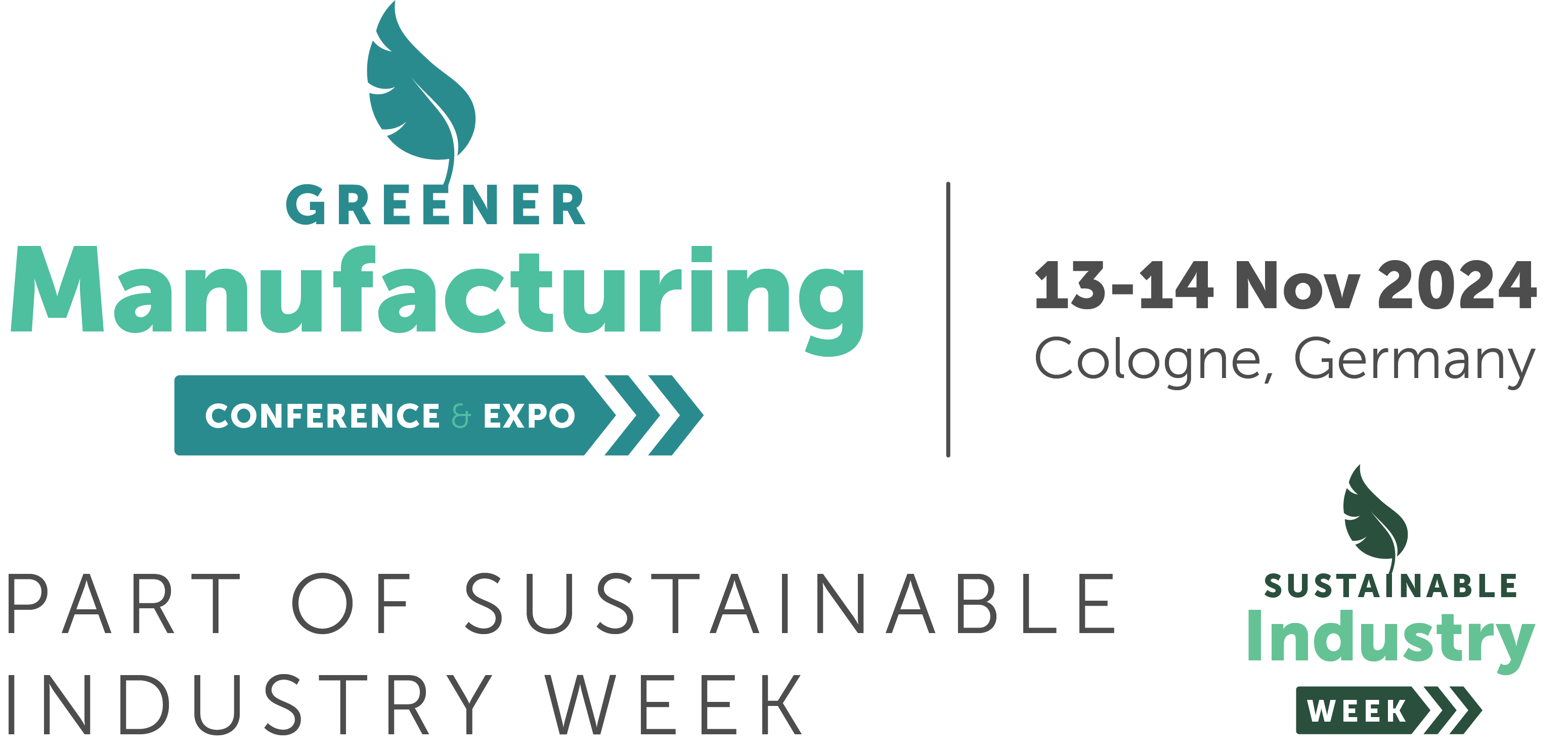Mercedes Benz and Microsoft Partner to Bolster Car Production Efficiency, Resilience and Sustainable Production
)
Mercedes-Benz will use Microsoft’s MO360 Data platform to connect 30 of its passenger car plants worldwide to the Microsoft Cloud, enhancing transparency across its digital production supply chain.
MO360 allows firms to identify potential supply chain bottlenecks faster and enable a dynamic prioritisation of production resources toward electric and Top-End vehicles. This unified data platform is standardised on Microsoft Azure, providing Mercedes-Benz with flexibility and cloud computing power to run AI and analytics at global scale while addressing cybersecurity and compliance standards across regions. The platform is already available to teams in EMEA and will be deployed in the United States and China.
“This new partnership between Microsoft and Mercedes-Benz will make our global production network more intelligent, sustainable and resilient in an era of increased geopolitical and macroeconomic challenges. The ability to predict and prevent problems in production and logistics will become a key competitive advantage as we go all electric,” said Joerg Burzer, Member of the Board of Management of Mercedes-Benz Group AG, Production & Supply Chain Management.
“Mercedes-Benz’ partnership with Microsoft is a testament to the power of the industrial metaverse,” said Judson Althoff, executive vice president and chief commercial officer at Microsoft. “Together, we are merging the physical and digital worlds to accelerate value creation. Mercedes-Benz can simulate and refine manufacturing processes infinitely in the Microsoft Cloud before bringing them to the shop floor to enhance efficiency and minimize its environmental impact amid constant change and uncertainty.”
With the MO360 Data Platform, the Stuttgart-based carmaker can create a virtual replica of its vehicle manufacturing process, combining insights from assembly, production planning, shop floor logistics, supply chain and quality management. The virtual simulation and optimization of processes before running them on the shop floor helps accelerate operational efficiency and unlock energy savings. For example, managers can optimize operational patterns to reduce CO2 emissions in production.





